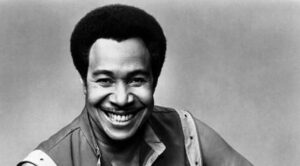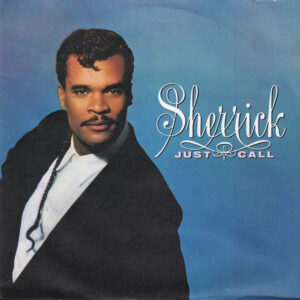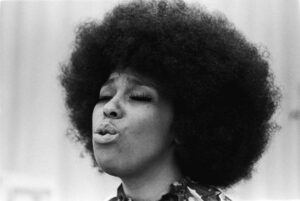(August 9, 2022) He was one of the great songwriters of the 20th Century, and one-third of the writing team that helped bring fame to Motown. We are sad to report the passing of the great Lamont Dozier at age 81. His passing was reported on social media by his son, Lamont Dozier, Jr, and comes just a little over a year after the death of his wife and business partner, Barbara Dozier.
Dozier was an inductee in both the Rock and Roll Hall of Fame and the Songwriter’s Hall of Fame. As part of the iconic songwriting team of Holland-Dozier-Holland, he wrote over fifty #1 hits for such artists as the Supremes, The Isley Brothers, the Four Tops, Marvin Gaye and many others. The smashes included “Baby I Need Your Loving” and “Reach Out I’ll Be There” by the Four Tops, “Baby Love,” “Where Did Our Love Go” and “You Can’t Hurry Love” by The Supremes, “How Sweet It Is (To Be Loved By You) by Marvin Gaye and many more.
Dozier grew up in in Detroit, where he was a fixture in the church choir. But it was his signing by young music empresario Berry Gordy, Jr. to the fledgling Motown label – along with brothers Brian and Eddie Holland — that created a match made in heaven. Many of the label’s earliest and biggest hits came from the trio, and their songwriting and innovative product helped define popular music in the 60s.
Holland-Dozier-Holland left Motown in the late 60s and scored more hits with The Chairmen of The Board, The Honey Cone, Freda Payne and more on their own Invictus and Hot Wax labels. Ultimately, Dozier started a solo singing career, and landed a number of moderate hits, including “Trying To Hold On To My Woman” and “Fish Ain’t Bitin’.”
Dozier continued writing for other artists, both solo and sometimes with one or more of the Hollands, for the remainder of the 20th century. And he rekindled his own solo career in the 00s and 10s, with a series of intimate recordings of both new music and stripped down versions of his classics. And as his many compositions over the years received countless covers by artists of every stripe, his legacy simply grew. He was, undoubtedly, one of the greatest songwriters and producers of his generation, and his music will be forever a time capsule for a period that can best best described as The Golden Age of Soul Music.
By Chris Rizik










